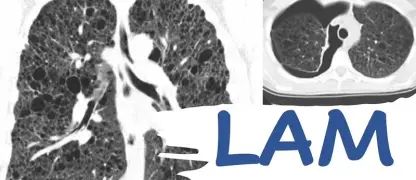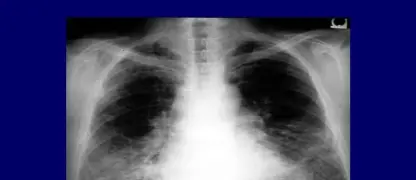Feeling increasingly breathless during simple activities? This could be an early sign of emphysema. Understanding this progressive lung disease is the first step toward slowing its advance and improving your breathing. Don't let uncertainty dictate your future health.
What are the main causes of Emphysema?
- What is emphysema? It is a lung condition where the air sacs (alveoli) are damaged, making it difficult to breathe out old air.
- The primary of all causes of emphysema is long-term exposure to airborne irritants, most commonly from cigarette smoke.
- In the emphysema vs COPD discussion, emphysema is a major type of COPD; rarely, it's caused by a genetic protein deficiency.
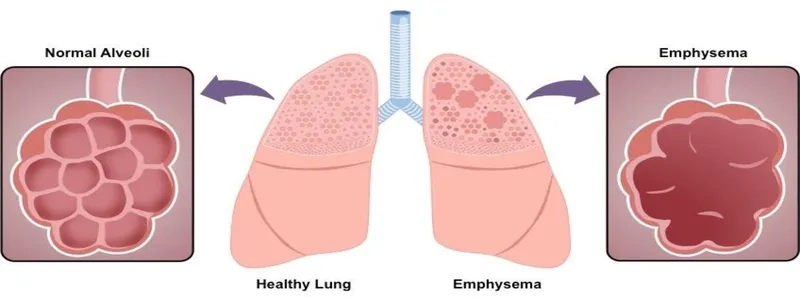
Key symptoms of Emphysema to watch for
- The most prominent of emphysema symptoms is a progressive shortness of breath, which often begins only with exertion but eventually occurs at rest.
- A chronic, persistent emphysema cough, which may produce mucus, along with frequent wheezing and tightness in the chest are also common signs.
- As the disease advances through the stages of emphysema, you might notice fatigue, weight loss, and a bluish tinge to the lips.
How can you prevent or manage Emphysema?
- The single most effective prevention and management step is to quit smoking and avoid secondhand smoke and other lung irritants like dust.
- Emphysema treatment focuses on relieving symptoms through bronchodilators, steroids, oxygen therapy, and pulmonary rehabilitation to improve lung function.
- While there is no cure, proper management can improve your emphysema life expectancy and overall quality of life significantly.
>>> Read more here: Myelodysplastic syndromes - When bone marrow cells don't mature
Image of the Lungs with Bullous Emphysema
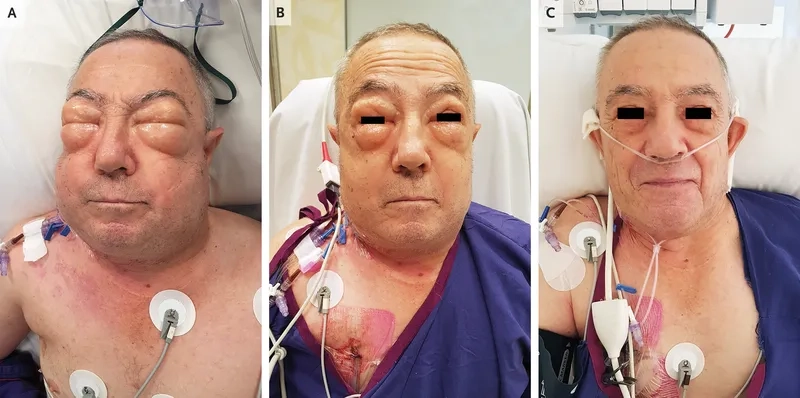

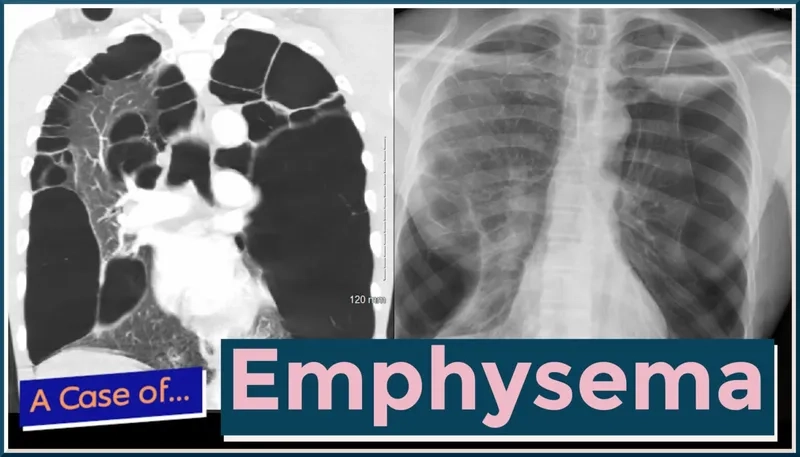


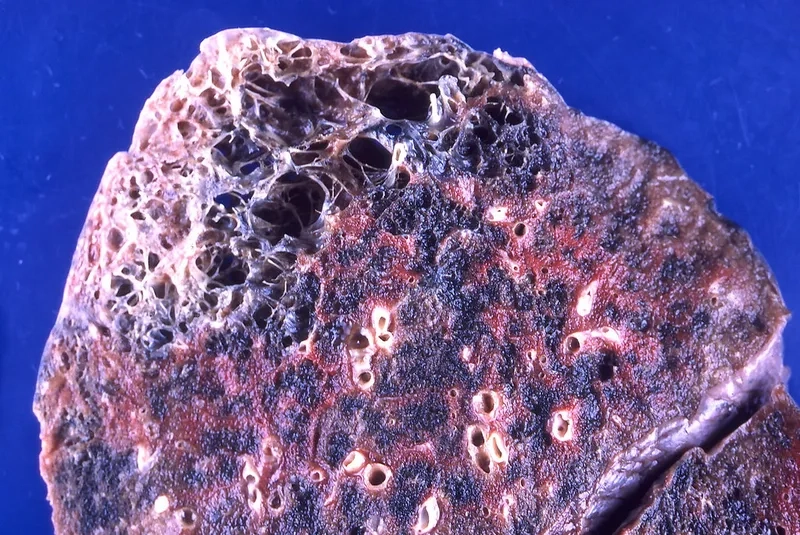
>>> Learn now: Living with chronic obstructive pulmonary disease - A guide
Living with emphysema presents challenges, but effective strategies exist to help you breathe easier. If you have persistent shortness of breath or a chronic cough, see your doctor for an evaluation and personalized treatment plan.
>>> Details at: Asthma - Understanding your triggers and treatment options


